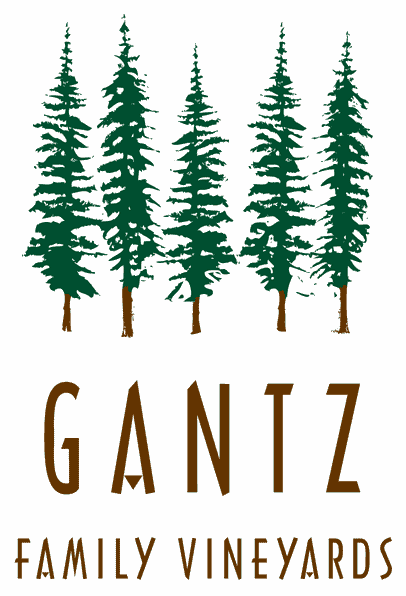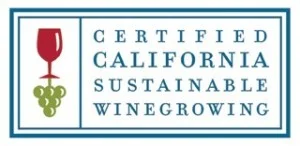The Sonoma County Winegrowers recently announced their intention to make Sonoma County the first 100 percent sustainable wine region in the United States within five years.
“Sustainable” is a phrase we hear a lot, and its connotation of using the earth’s resources wisely is definitely something we support. Here on Gantz Family Vineyards, we use solar power and erosion controls and predator mites to minimize our negative impacts on the world. However, when we found out that in five years we would be asked to certify our vineyard “sustainable,” we realized we didn’t actually know what that meant or what it would entail.
Although 60 percent of Sonoma County’s vineyards, representing 37,000 acres, are already seeking sustainable certification, we figured growers of the other 22,218 acres were scratching their heads like us. So we decided to start down this road to sustainability and report our journey to you.
What is Sustainability?
The Sonoma County Winegrowers describe sustainability as a commitment to being economically viable, socially responsible and environmentally conscious. “The word ‘sustainability’ is complicated, but the results are simple,” said Sean Carroll, marketing and communications manager for the Sonoma County Winegrowers. “You’re sustainable if your land is well preserved, your workers and people are trained and treated with respect and your business endures for the long term.”
We were looking for a checklist at the beginning of our research, a hard and fast set of rules that declare when you are or are not a sustainable vineyard. There isn’t one. We’ve learned that being sustainable means looking at the particular characteristics of your vineyard and discovering where you can improve over time. While land use, water management, energy efficiency, community relations and employment practices are all measured when being declared sustainable, the stick will be different for every site.
Certified California Sustainable Winegrowing
“Continuous improvement,” is the goal highlighted by the California Sustainable Winegrowing Alliance (CSWA), which runs the only statewide, winegrape-specific certification program. This program, known as Certified California Sustainable Winegrowing, asks growers to annually look at over 200 best practices of operating a vineyard, give themselves a 1-4 score on how they’re doing (with 1 being the lowest score and 4 the highest), and develop plans for improvement. A step to becoming certified is to score a 2 or above on 50 prerequisites, or to have a plan in place to get to a 2.
Certified California Sustainable Winegrowing is one of several outside certification programs the Sonoma County Winegrowers plan to use to reach their 100 percent goal. They also will accept certification through the Lodi Rules for Sustainable Winegrowing and Fish Friendly Farming.
Becoming Sustainable Certified
The first step to becoming certified with the California Sustainable Winegrowing Alliance is to fill out the self-assessment mentioned above. To fill out the assessment, you need the California Code of Sustainable Winegrowing Workbook, a 15 chapter document on topics like “Viticulture,” “Vineyard Water Management,” “Material Handling,” and “Human Resources” that help participants determine how sustainable their practices currently are and how they can improve. And to really get a handle on all of it, the CSWA offers Sustainability Assessment Workshops, free hands-on workshops that help you understand the workbook and the certification process.
We’ll be attending one March 19 at DeLoach Vineyards. We’ll let you know how it goes.
---------------------------------------------------------------------------------------
Gantz Family Vineyards' First Steps to Sustainability
- Take a Sustainability Assessment Workshop - The CSWA offers free workshops throughout California and a webinar that describes the self-assessment and certification process. Russian River Valley folks can attend the March 19 workshop, from 9-11 am at DeLoach Vineyards.
- Download the California Code of Sustainable Winegrowing Workbook - The workbook helps participants determine how sustainable their practices currently are and how they can improve.
- Fill out the self assessment.



